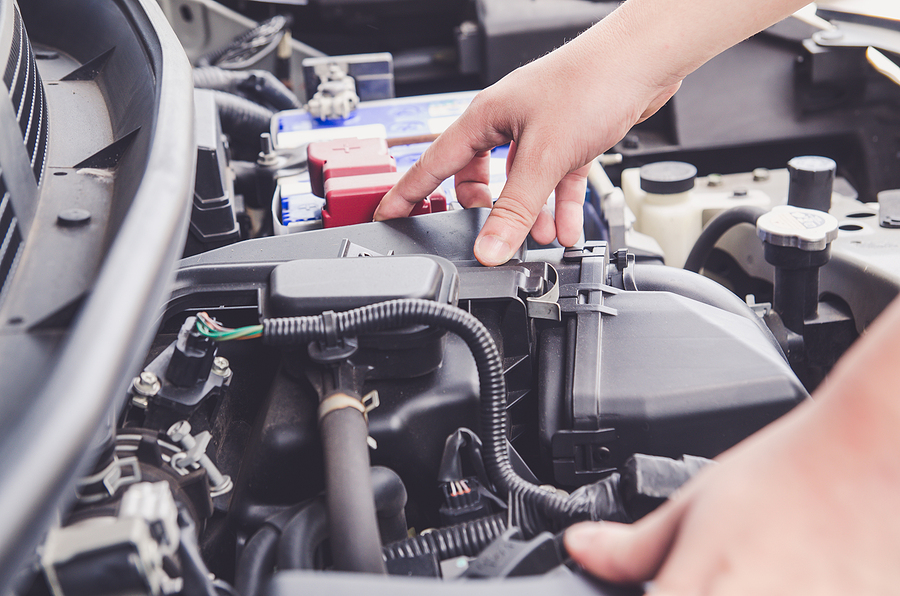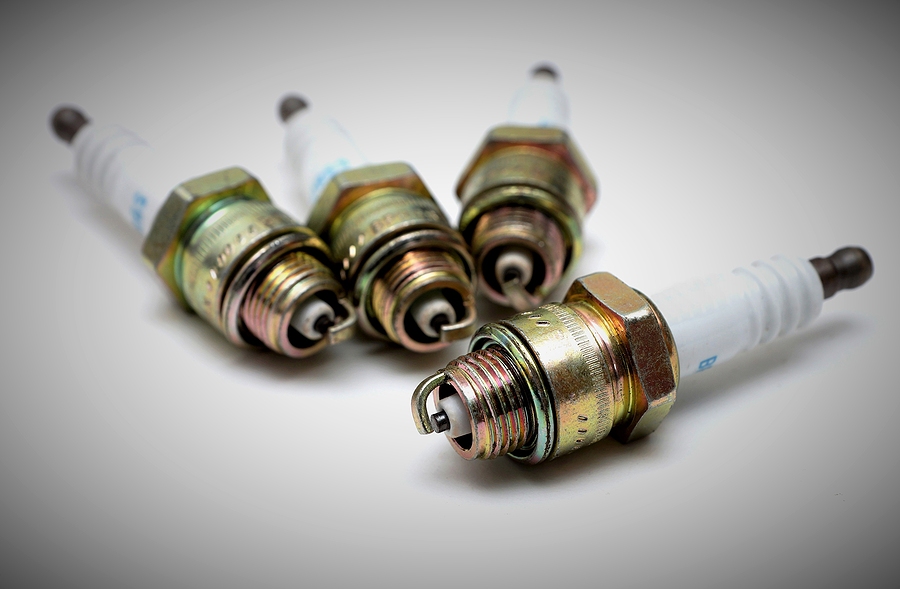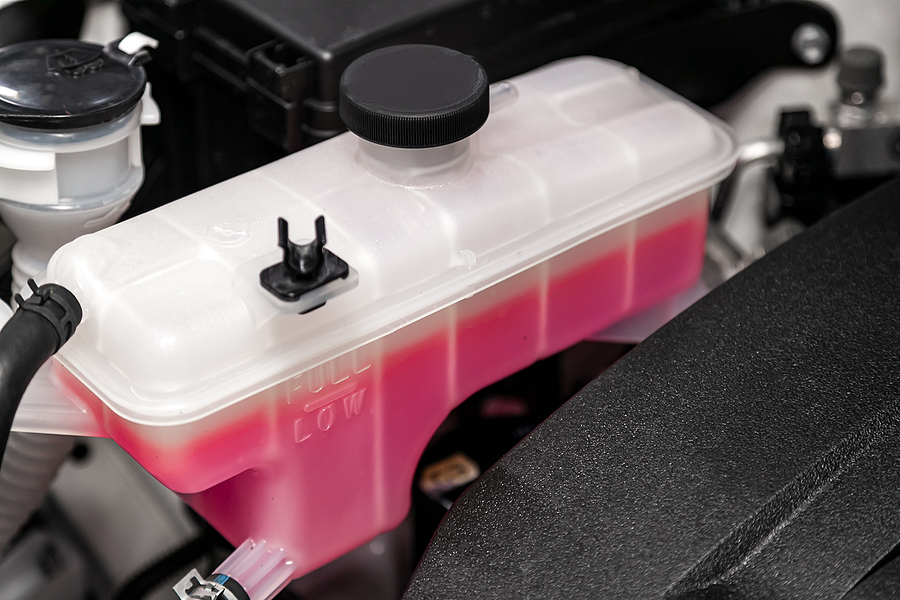Your car’s engine is its powerhouse—the component that turns fuel into motion and keeps you on the road. When that crucial part begins to fail, you’re faced with a significant decision: repair or replace. Engine problems can feel overwhelming, especially if you’re not mechanically inclined. Strange noises, smoke from under the hood, or a persistent check engine light might leave you wondering if your vehicle needs major work.
Understanding when and why you might need a car engine replacement can help you make informed choices about your vehicle’s future. Whether you’re driving a Mazda RX-8, Kia Optima, or any other model, knowing the warning signs, costs, and process can save you time, money, and stress. This guide walks you through everything you need to know about replacing your car’s engine, from recognizing problems to maintaining your new powerplant.

Recognizing the Warning Signs of a Failing Car Engine
Your vehicle often gives you plenty of notice before complete engine failure. Paying attention to these signals can help you address issues before they escalate into catastrophic damage.
Unusual Noises
Knocking, tapping, or grinding sounds coming from under the hood typically indicate serious internal problems. These noises often point to worn bearings, damaged pistons, or other critical failures that may require a full engine replacement rather than simple repairs.
Excessive Smoke
Blue smoke suggests your engine is burning oil, while white smoke can indicate coolant leaking into the combustion chamber. Black smoke means your engine is running too rich with fuel. Any persistent smoke signals potential engine damage that warrants immediate inspection.
Loss of Power
If your vehicle struggles to accelerate, can’t maintain highway speeds, or feels sluggish during normal driving, internal engine damage might be the culprit. This loss of performance often accompanies other symptoms and shouldn’t be ignored.
Warning Lights
A persistent check engine light combined with other symptoms can indicate severe engine problems. Modern diagnostic tools can read specific error codes that help mechanics pinpoint the issue, but multiple codes or recurring problems often point toward major engine failure.
Oil Contamination
Finding metal shavings in your oil or noticing milky, contaminated oil suggests internal engine damage. These signs indicate that critical components are breaking down and mixing fluids where they shouldn’t be.
What Affects Engine Replacement Cost
The price of replacing your car’s engine varies considerably based on several factors. Understanding these elements helps you budget appropriately and make the best decision for your situation.
Engine Type and Availability
You have three main options when replacing an engine: used, remanufactured, or new. Used engines typically cost between $800 and $2,500 before installation, making them the most budget-friendly choice. However, their history and remaining lifespan can be uncertain.
Remanufactured engines, which have been rebuilt to meet factory specifications, range from $1,500 to $4,000. New engines represent the premium option at $3,000 to $7,000, offering the longest lifespan and best warranties.
Vehicle Make and Model
Some vehicles have notoriously expensive engine replacement costs due to design complexity or parts availability. The Mazda RX-8, with its unique rotary engine, can cost $3,000 to $7,000 to replace.
Mini Cooper owners might face $2,800 to $6,000, while Subaru 2.5L Turbo replacements run $3,500 to $7,500. More common engines, like those in the Hyundai Sonata ($2,400 to $5,200) or Chrysler 2.7L V6 ($2,200 to $5,000), tend to be more affordable due to wider parts availability.
Labor Costs
Installation labor typically adds $500 to $1,500 to your total bill, depending on your location and the complexity of the job. Some vehicles require extensive disassembly to access the engine, while others offer easier access. Luxury and performance vehicles generally command higher labor rates due to specialized knowledge requirements.
Additional Repairs
When mechanics access your engine compartment, they often discover related issues that should be addressed simultaneously. Worn mounts, damaged hoses, leaking gaskets, or a failing transmission can add to your final cost but might be wise to fix while everything is already disassembled.
Schedule Professional Engine Repair Service Today ☑
Selecting Your Replacement Engine
Choosing the right replacement engine requires balancing budget, reliability needs, and long-term goals for your vehicle.
Assess Your Vehicle’s Value
Compare the total replacement cost to your car’s current market value. If the engine replacement exceeds 50-75% of what your car is worth, you might consider whether putting that money toward a different vehicle makes more financial sense.
Consider Your Timeline
Used engines can often be sourced and installed quickly, sometimes within a few days. Remanufactured engines might take a week or two, while ordering a new engine could extend your timeline to several weeks. Factor in how long you can be without your vehicle when making this decision.
Evaluate Warranty Coverage
New and remanufactured engines typically come with warranties ranging from one to three years. Used engines might offer 30 to 90 days of coverage, if any. Warranty protection provides peace of mind and financial security if problems arise after installation.
Match Your Driving Needs
If you plan to keep your vehicle for many more years, investing in a new or remanufactured engine makes sense. For a car you’ll drive temporarily or one with high mileage elsewhere in the drivetrain, a quality used engine might be the practical choice.
The Engine Replacement Process
Understanding what happens during an engine replacement helps set realistic expectations about the timeline and complexity involved.
Your mechanic begins by draining all fluids and disconnecting the battery, followed by removing components that block access to the engine. This includes the radiator, exhaust system, wiring harnesses, and various hoses. The transmission is then separated from the engine, and engine mounts are unbolted before the old engine is carefully lifted out.
The replacement engine is inspected and prepared, with new gaskets, seals, and fluids installed as needed. Mechanics lower the new engine into position, reconnect it to the transmission, and secure the mounts. All previously disconnected components are then reattached, fluids are refilled, and extensive testing ensures everything functions properly.
Quality shops perform a test drive and monitor for leaks, unusual noises, or performance issues before returning your vehicle. This thorough process typically takes two to five days, depending on parts availability and shop workload.
Your Role in Long-Term Engine Maintenance
Once you’ve invested in a new engine, scheduled car maintenance becomes even more critical to maximize its lifespan and performance.
Prioritize Oil Changes
Use high-quality synthetic oil and follow manufacturer-recommended change intervals religiously. Clean oil lubricates moving parts, reduces friction, and prevents premature wear that shortens engine life.
Monitor Cooling System
Check coolant levels regularly and ensure they remain within the proper range. Overheating causes catastrophic engine damage quickly, so address any temperature warning signs immediately.
Replace Air Filters
Dirty air filters restrict airflow and force your engine to work harder than necessary. Regular replacement ensures optimal performance and fuel efficiency while protecting internal components from contaminants.
Inspect Belts and Hoses
These components wear out over time and can cause major problems if they fail. Regular visual inspections help you catch cracks, fraying, or soft spots before they lead to breakdowns.
Drive Gently
Aggressive acceleration and hard braking put unnecessary stress on your new engine. Smooth, gradual driving habits extend component life and improve fuel economy.
Address Problems Quickly
Small issues like minor leaks or unusual sounds can escalate into major damage if ignored. Schedule an inspection whenever something seems off rather than waiting for complete failure.
Frequently Asked Questions
How do I know if a used engine is reliable?
Request maintenance records and have your mechanic inspect the engine before installation. Reputable salvage yards often provide compression tests and leak-down tests that verify internal condition. Look for engines from low-mileage vehicles that were totaled in accidents rather than those removed due to mechanical failure.
What warranty coverage should I expect?
New engines typically carry warranties of 3-5 years or 50,000-100,000 miles. Remanufactured engines usually offer 1-3 years of coverage. Used engines might include 30-90 days or no warranty at all. Always understand warranty terms, including what’s covered and any maintenance requirements that must be met to keep coverage valid.
Will this affect my car’s resale value?
A professionally installed engine from a reputable source, backed by documentation and warranty, can actually maintain or increase your vehicle’s value compared to one with a failing engine. Keep all receipts and maintenance records to show potential buyers.
Are there financing options available?
Many automotive repair services offer payment plans or work with financing companies to help spread out the cost. Some mechanics accept credit cards, and personal loans from banks or credit unions might offer better terms than high-interest automotive financing.
Conclusion
An engine replacement represents a significant investment in your vehicle’s future. By recognizing warning signs early, understanding your options, and choosing quality parts and installation, you can get many more reliable miles from your car. Regular maintenance after replacement ensures your new engine delivers the performance and longevity you expect.
Don’t wait until complete engine failure leaves you stranded. If you’re experiencing any symptoms of engine problems, schedule an engine inspection with our trusted Indianapolis automotive repair service. Our professional diagnostics can identify issues before they escalate, potentially saving you from more expensive repairs down the road and keeping you safely on the move.
Related Post: When Your Engine Stumbles: Understanding Misfires and Solutions









